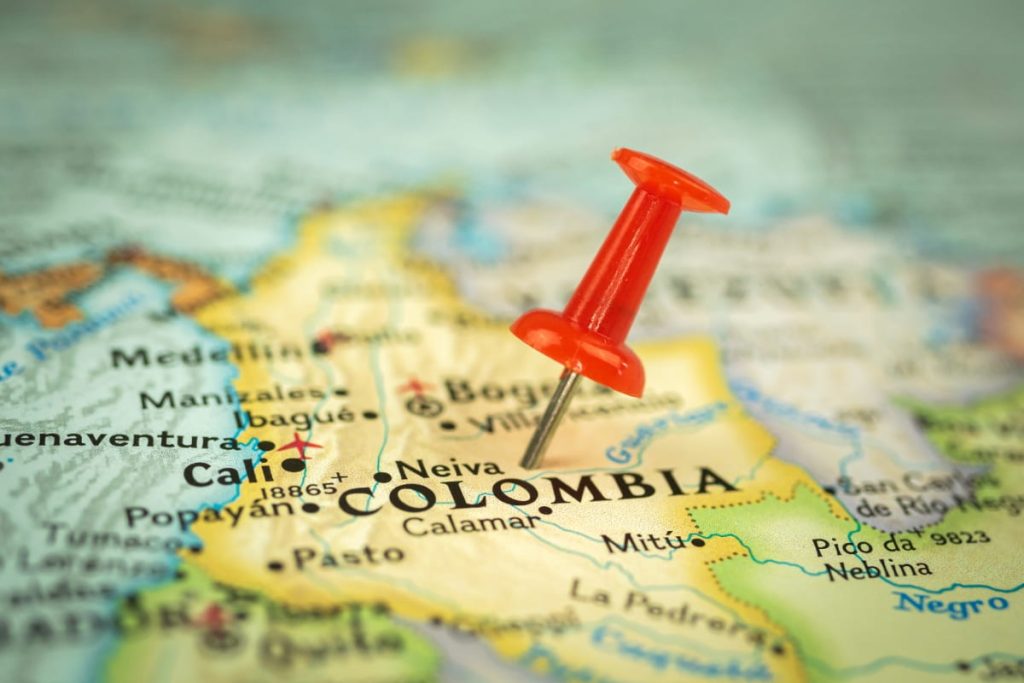Less than two months after the introduction of VAT or value-added tax on online betting deposits, online gambling industry of Colombia is reporting a downturn in revenue. Colombian Federation of Gambling Entrepreneurs or Fecoljuegos says that since they implemented the tax in February, gross gaming revenue has dropped by 30%.

The 19% VAT, applied to deposits made by players on licensed platforms, has prompted sharp criticism from the trade body of the industry. Previously, Fecoljuegos has warned the tax would place unsustainable pressure on operators.
Some platforms are now experiencing declines of almost 50% in key indicators, such as total deposits and average player spending. The data confirms their fears.
The strategy is proving difficult to maintain. Operators like Stake are trying to absorb the cost by offering bonuses equivalent to the tax amount. In an interview with Portafolio, Fecoljuegos President Evert Montero said the strategy has avoided an immediate loss of customers. However, it represents an economic effort that cannot be sustained over time.
The tax structure effectively reduces deposits before a player can place a bet. For instance, they tax a $100 deposit at 19%.This leaves users with about $84 to play with. According to Fecoljuegos, this has directly impacted player behavior.
Montero added that this reduction immediately affected the gaming capacity of users, generating a significant drop in deposits. He added that this forced operators to react quickly without loyalty strategies. He also highlighted the high risk the tax burden poses to the industry, as it substantially changes user behavior.
Experts estimated the average monthly gambling spend to be between COP150,000 and COP250,000 per player before the tax. The new levy seems to be curbing that figure sharply. This has raised more concerns about the long-term viability of licensed platforms operating under these constraints.


